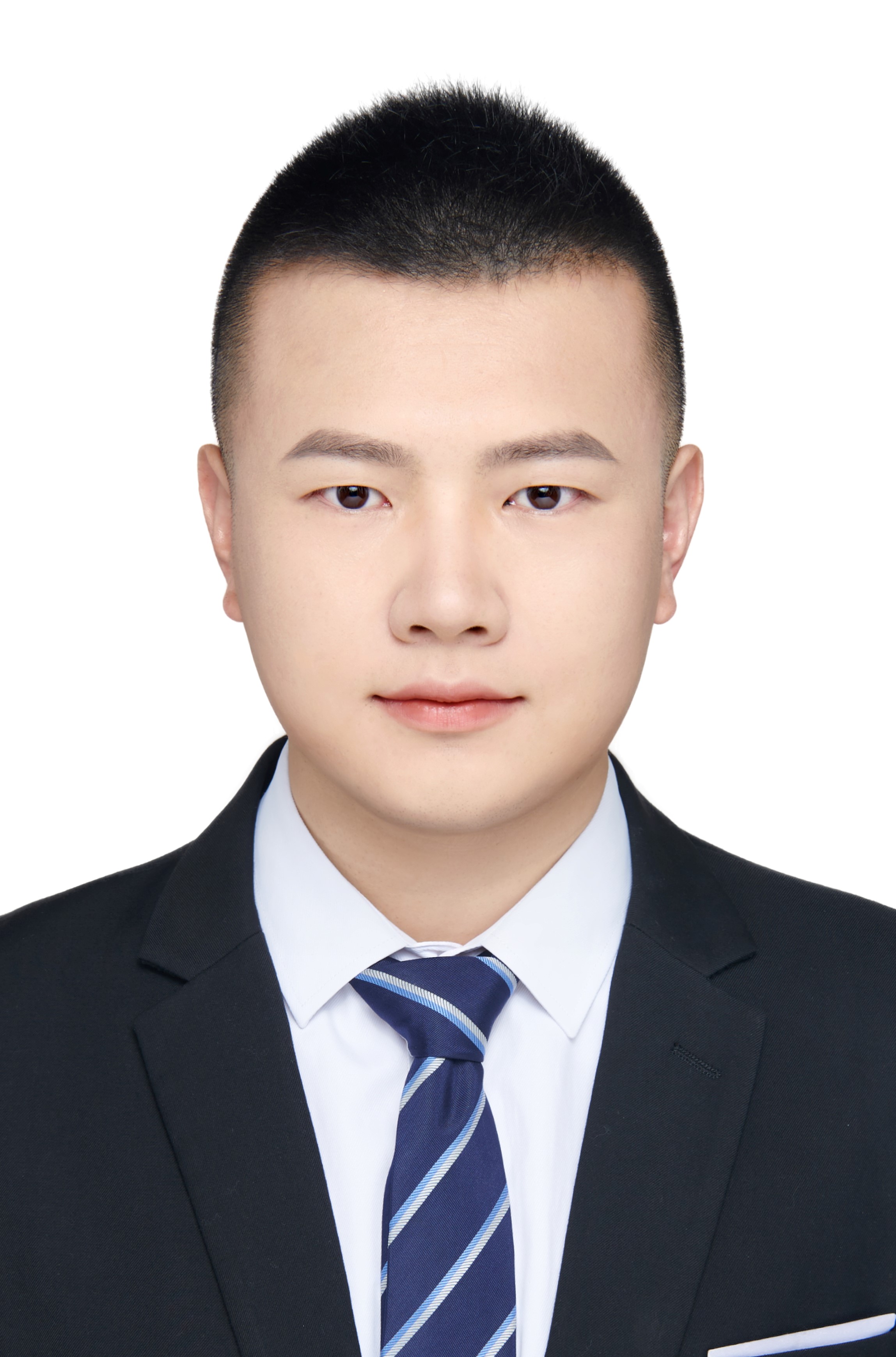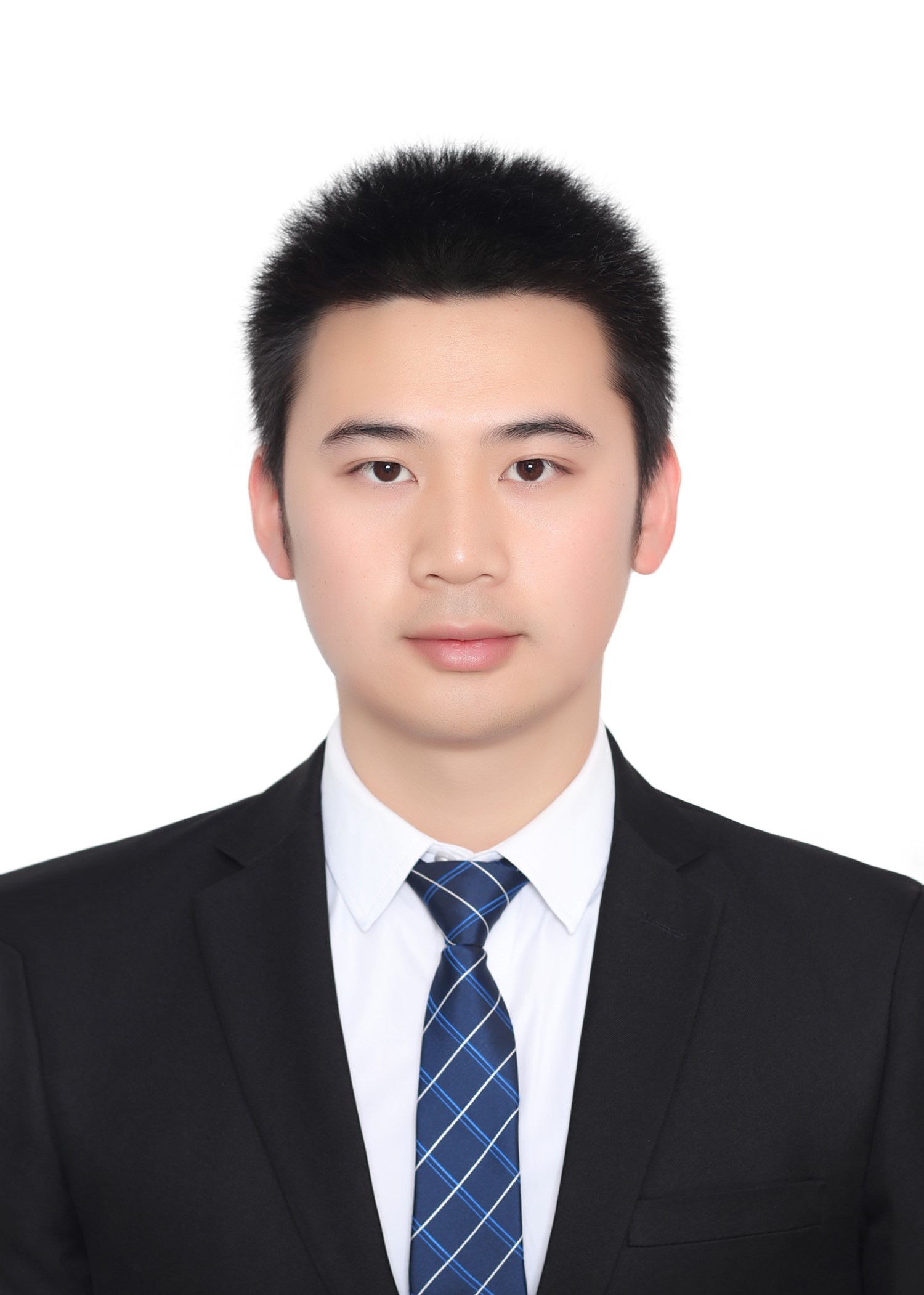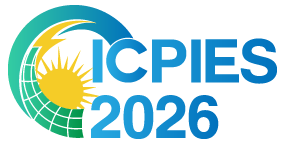Special Session 9
Key Technologies for Energy Storage And Virtual Power Plants Participating In Power System Operations
The consumption of new energy is the main support for achieving the dual-carbon national strategic goal. However, with the continuous increase in the penetration rate of new energy, conventional generation units as the main flexibility regulation resources in power grids are gradually being phased out, which results in the inability to guarantee the secure operation for power systems and thus greatly restricts the consumption of new energy. Flexible regulation resources including energy storage and virtual power plants can play an important role in power grid operations, and reasonable application them can help better ensure the secure, high-quality, economical, and low-carbon operations for power systems. However, the participation of the flexible resources in the regulation and operation and related market mechanisms require research and exploration to adapt to the construction and development of new power systems. This subject is to conduct extensive solicitation for key technologies related to the participation of flexible resources such as energy storage and virtual power plants in the operations and regulation of power systems, as well as commercial mechanisms, to promote the full utilization of flexible regulation resources and solve theoretical problems for flexible resources in new power systems. Suggested topics include, but are not limited to:1. Planning, configuration, dispatch, and control strategies for energy storage and virtual power plants participating in power system operations.
2. Business modes and trading mechanisms of energy storage and virtual power plants in power systems.
3. Dispatchable capacities and control strategies for distributed flexible resource aggregation.
4. Aggregation, trading, dispatch, and control strategies for distributed energy storage resources and virtual power plants.
5. Collaborative control of the main-distribution network to support the flexible role of distributed resources.
6. Integration application and technical effectiveness of big data and artificial intelligence technology with energy storage and virtual power plants.
7. Analysis and optimization control of frequency security and stability mechanisms in new power systems.
8. Inertia support technology and frequency regulation capability evaluation for new power systems.
9. Coordination control for multi-type regulation resources with flexibility support in new power systems.
10. Modeling establishment and predictive evaluation theories of user energy consumption characteristics for dual-carbon goals.
11. Classification and design of load forecasting application scenarios under the influence of multiple factors.
12. Coordination optimization and control of multiple resources for conventional power sources, new energy, energy storage, and virtual power plants.
13. Theory and key technologies of distributed resource participation in the electricity retail market.
Chairs:

Assoc. Prof. Mingze Zhang, Harbin University of Science and Technology, China
Assoc. Prof. Dr. Mingze Zhang is a member of the Communist Party of China and serves as a master’s supervisor. He is also the Secretary and Deputy Director of the Institute of Power System and Its Automation at Harbin University of Science and Technology. He graduated from Dalian University of Technology in 2024 with a major in Power System and Its Automation, and his PhD supervisor is Professor Weidong Li. His main research interest is frequency security analysis and operation control for new power systems, with a particular focus on theoretical issues related to power system dispatch and control considering frequency security and frequency spatial-temporal distribution.
As the project leader, He is researching 1 project for Heilongjiang Postdoctoral Science Foundation, 1 project from the Education Department of Heilongjiang Province, and 1 project for State Grid Corporation of China. As the topic leader, He is researching 1 project for National Key Research and Development Program of Heilongjiang. As the project executive director, He has participated 1 joint fund key project of the National Natural Science Foundation of China, 1 general project of the National Natural Science Foundation of China, and 10 projects of State Grid Corporation of China. He has published 25 papers indexed by SCI/EI. His ORCID is 0000-0001-5201-1674.
In addition, he serves as an editorial board member for international journals in Journal of Energy Science and Technology, Clean Energy Science and Technology, Journal of Electrochemistry, and Energy Lab, as the Managing Guest Editor in Energy Reports, and he is an invited reviewer for some international journals such as Energy, Journal of Modern Power Systems and Clean Energy, Electric Power Systems Research, and Journal of Electrochemistry. He is also a sub-committees chairman for international conferences in the field of electrical engineering such as CSCSG, CEECT, ICPEA, EI2, ICSGSC, EPEE, ICEI, ICPE, ICET.

Dr. Jiakai Shen, China Electric Power Research Institute, China

Dr. Feixiang Peng, Anhui University, China

Dr. Cuicui Jin, Electric Power Research Institute of State Grid Tianjin Electric Power Company, China

Dr. Liu Liu, State Grid JiangXi Electric Power Research Institute, China
